In the realm of flooring options, ceramic and porcelain tiles stand out as popular choices due to their durability, versatility, and aesthetic appeal. Both ceramic and porcelain tiles are excellent options for enhancing the beauty and functionality of your space. However, understanding the differences between these two types of tiles is crucial in making the right choice for your specific needs.
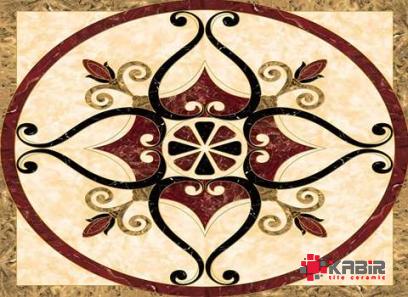
.
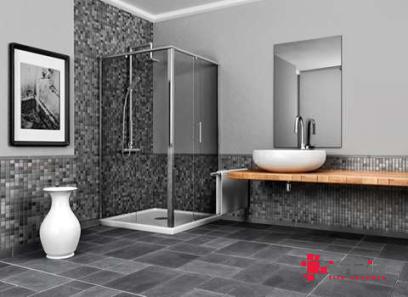 In this comprehensive guide, we will delve into the nuances of ceramic tile vs porcelain tile flooring, exploring their composition, characteristics, pros, cons, and suitability for various applications. **Composition and Manufacturing Process** Ceramic tiles are made from a mixture of clays, minerals, and water that is shaped into the desired tile shape and then fired in a kiln at high temperatures. The surface of ceramic tiles can be glazed or unglazed, with glazed tiles offering a wider range of colors, patterns, and finishes. Porcelain tiles, on the other hand, are made from a finer mixture of clays and minerals that are pressed under high pressure and fired at even higher temperatures than ceramic tiles. This process results in a denser and less porous tile that is highly resistant to water and stains. Porcelain tiles are typically through-body, meaning the color and texture run consistently throughout the entire tile. **Appearance and Design Options** Ceramic tiles are available in a wide array of colors, patterns, and textures, making them versatile for various design schemes. From sleek and modern to rustic and traditional, ceramic tiles offer endless possibilities for customization. Glazed ceramic tiles can also mimic the look of natural stone, wood, or concrete at a fraction of the cost.
In this comprehensive guide, we will delve into the nuances of ceramic tile vs porcelain tile flooring, exploring their composition, characteristics, pros, cons, and suitability for various applications. **Composition and Manufacturing Process** Ceramic tiles are made from a mixture of clays, minerals, and water that is shaped into the desired tile shape and then fired in a kiln at high temperatures. The surface of ceramic tiles can be glazed or unglazed, with glazed tiles offering a wider range of colors, patterns, and finishes. Porcelain tiles, on the other hand, are made from a finer mixture of clays and minerals that are pressed under high pressure and fired at even higher temperatures than ceramic tiles. This process results in a denser and less porous tile that is highly resistant to water and stains. Porcelain tiles are typically through-body, meaning the color and texture run consistently throughout the entire tile. **Appearance and Design Options** Ceramic tiles are available in a wide array of colors, patterns, and textures, making them versatile for various design schemes. From sleek and modern to rustic and traditional, ceramic tiles offer endless possibilities for customization. Glazed ceramic tiles can also mimic the look of natural stone, wood, or concrete at a fraction of the cost.
..
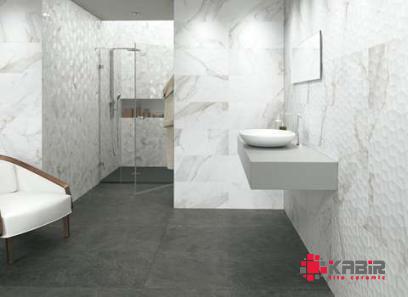 Porcelain tiles are renowned for their natural beauty and high-end appearance. They are available in a plethora of designs, including textures that replicate natural materials such as marble, granite, and limestone. The through-body composition of porcelain tiles ensures that the color and pattern remain consistent even as the tile wears over time. **Durability and Maintenance** When it comes to durability, porcelain tiles reign supreme. Their dense composition and low water absorption make them highly resistant to scratches, stains, and moisture, making them ideal for high-traffic areas and spaces prone to spills. Porcelain tiles are also frost-resistant, making them suitable for both indoor and outdoor applications. Ceramic tiles, while durable, are typically not as dense or impervious to water as porcelain tiles.
Porcelain tiles are renowned for their natural beauty and high-end appearance. They are available in a plethora of designs, including textures that replicate natural materials such as marble, granite, and limestone. The through-body composition of porcelain tiles ensures that the color and pattern remain consistent even as the tile wears over time. **Durability and Maintenance** When it comes to durability, porcelain tiles reign supreme. Their dense composition and low water absorption make them highly resistant to scratches, stains, and moisture, making them ideal for high-traffic areas and spaces prone to spills. Porcelain tiles are also frost-resistant, making them suitable for both indoor and outdoor applications. Ceramic tiles, while durable, are typically not as dense or impervious to water as porcelain tiles.
…
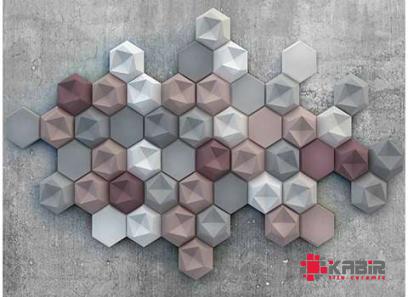 They are best suited for light to moderate foot traffic areas such as bathrooms, kitchens, and living rooms. Glazed ceramic tiles may require occasional resealing to maintain their appearance and protect against stains. **Installation and Cost** Both ceramic and porcelain tiles can be installed using similar methods, including thin-set mortar or adhesive. However, due to their denser composition, porcelain tiles are heavier and may require a stronger adhesive and subfloor to support their weight. Additionally, porcelain tiles are harder and more challenging to cut than ceramic tiles, requiring specialized tools for installation. In terms of cost, porcelain tiles are generally more expensive than ceramic tiles due to their manufacturing process and higher quality. However, the long-term durability and low maintenance of porcelain tiles can offset the initial investment over time. **Suitability for Different Applications** Ceramic tiles are well-suited for areas that do not experience heavy wear and tear, such as backsplashes, accent walls, and decorative surfaces. They are also a popular choice for bathrooms and kitchens where a wide range of design options is desired. Ceramic tiles are not recommended for areas exposed to freezing temperatures or excessive moisture. Porcelain tiles are the preferred choice for high-traffic areas such as entryways, hallways, and commercial spaces where durability and resistance to wear are paramount. Their water-resistant properties make them ideal for bathrooms, kitchens, and outdoor patios where spills and moisture are common. Porcelain tiles are also suitable for radiant floor heating systems, as they retain heat effectively.
They are best suited for light to moderate foot traffic areas such as bathrooms, kitchens, and living rooms. Glazed ceramic tiles may require occasional resealing to maintain their appearance and protect against stains. **Installation and Cost** Both ceramic and porcelain tiles can be installed using similar methods, including thin-set mortar or adhesive. However, due to their denser composition, porcelain tiles are heavier and may require a stronger adhesive and subfloor to support their weight. Additionally, porcelain tiles are harder and more challenging to cut than ceramic tiles, requiring specialized tools for installation. In terms of cost, porcelain tiles are generally more expensive than ceramic tiles due to their manufacturing process and higher quality. However, the long-term durability and low maintenance of porcelain tiles can offset the initial investment over time. **Suitability for Different Applications** Ceramic tiles are well-suited for areas that do not experience heavy wear and tear, such as backsplashes, accent walls, and decorative surfaces. They are also a popular choice for bathrooms and kitchens where a wide range of design options is desired. Ceramic tiles are not recommended for areas exposed to freezing temperatures or excessive moisture. Porcelain tiles are the preferred choice for high-traffic areas such as entryways, hallways, and commercial spaces where durability and resistance to wear are paramount. Their water-resistant properties make them ideal for bathrooms, kitchens, and outdoor patios where spills and moisture are common. Porcelain tiles are also suitable for radiant floor heating systems, as they retain heat effectively.
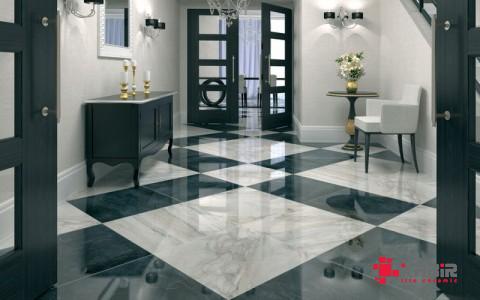
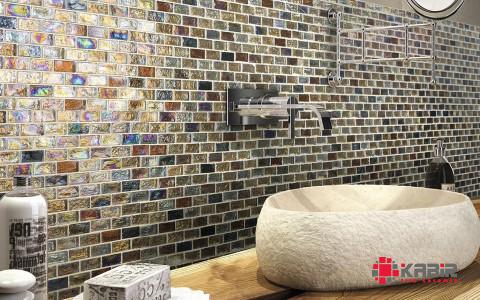
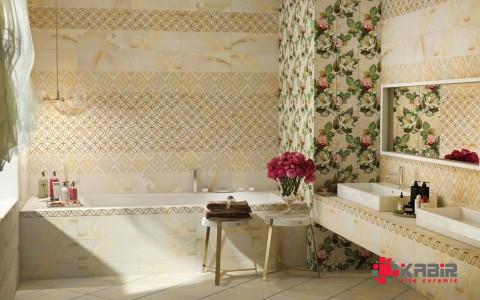
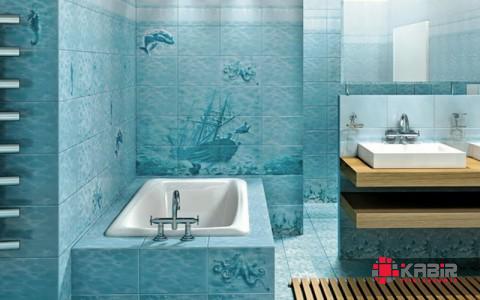
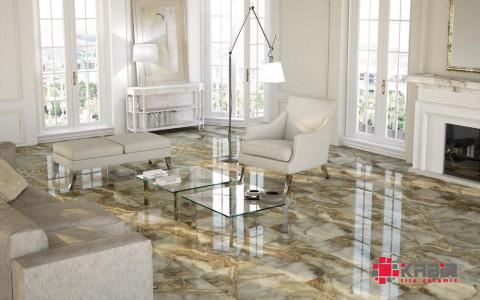
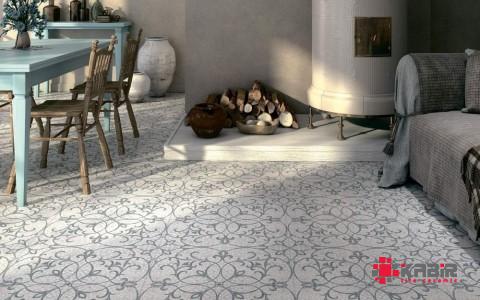
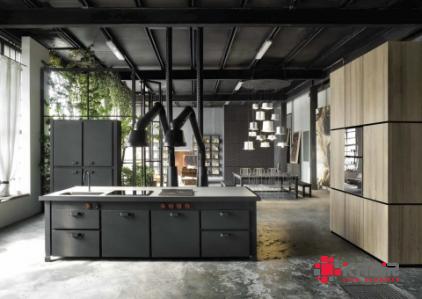
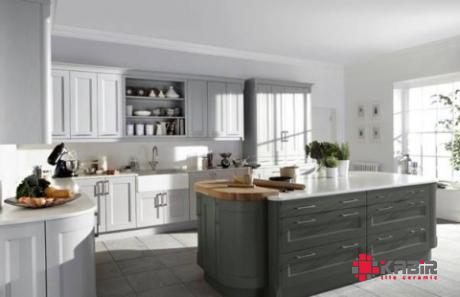
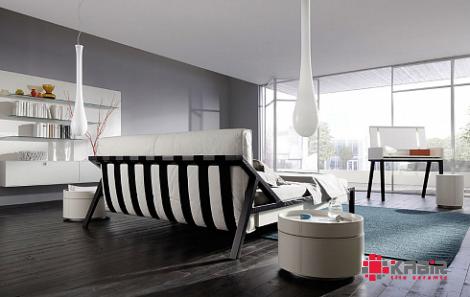
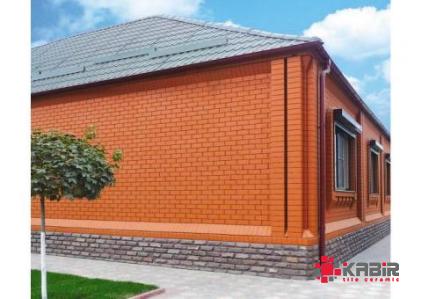
Your comment submitted.